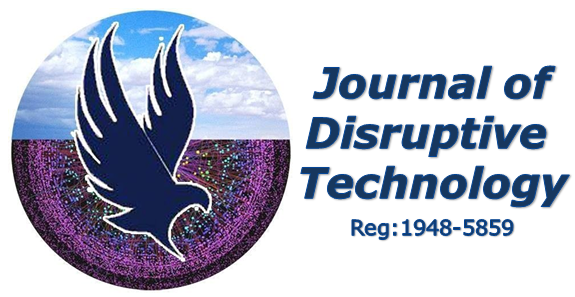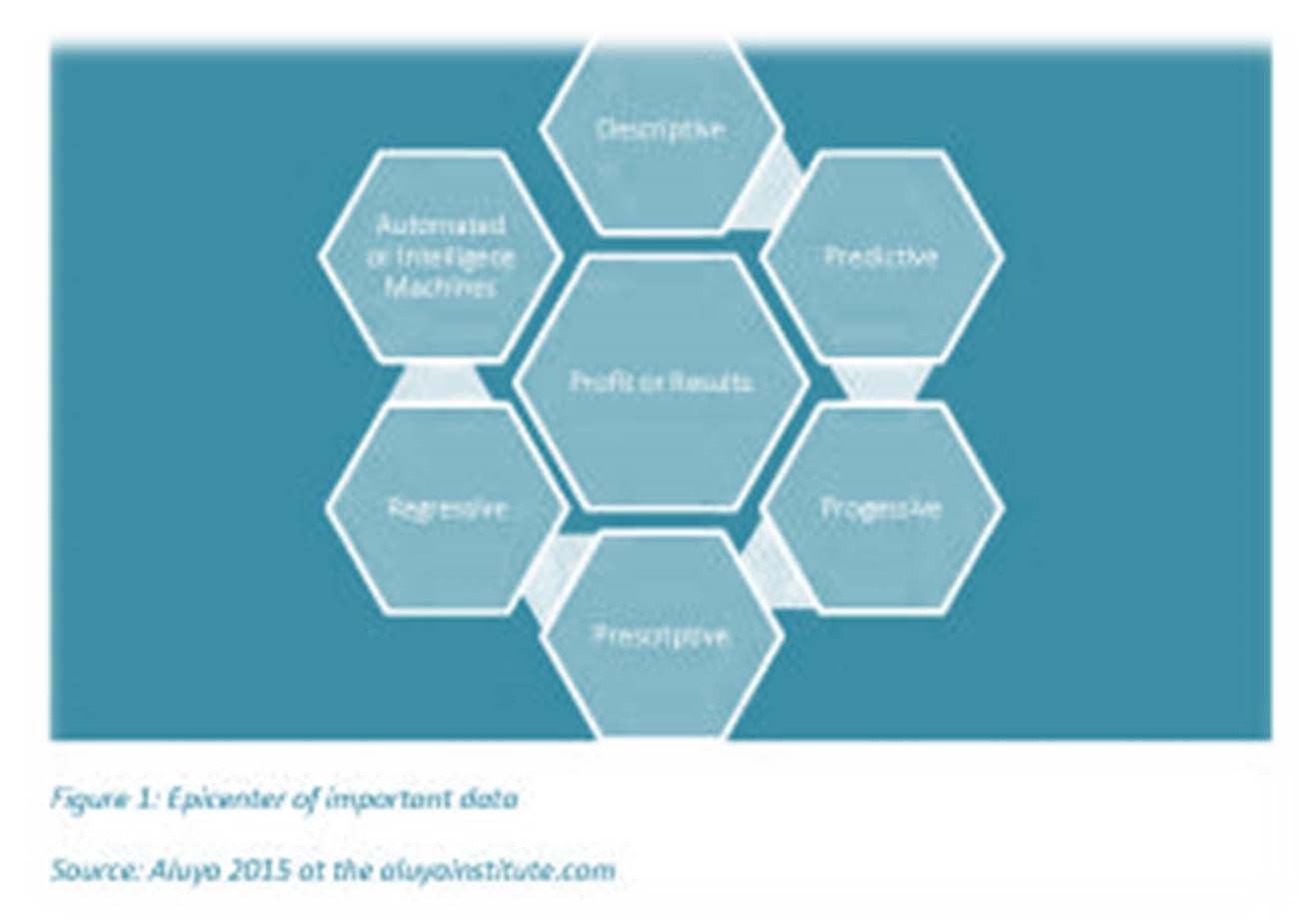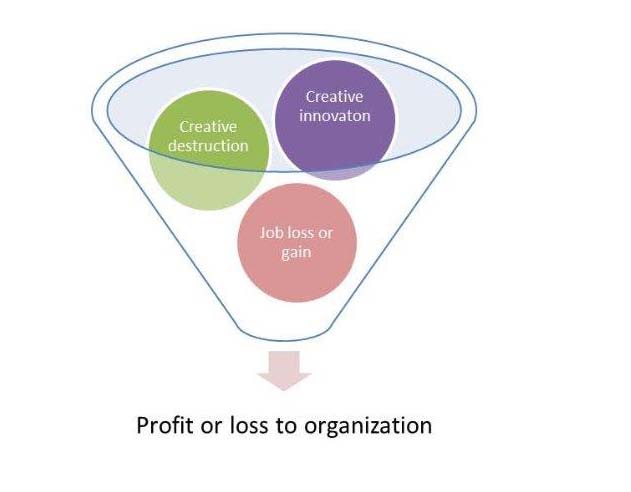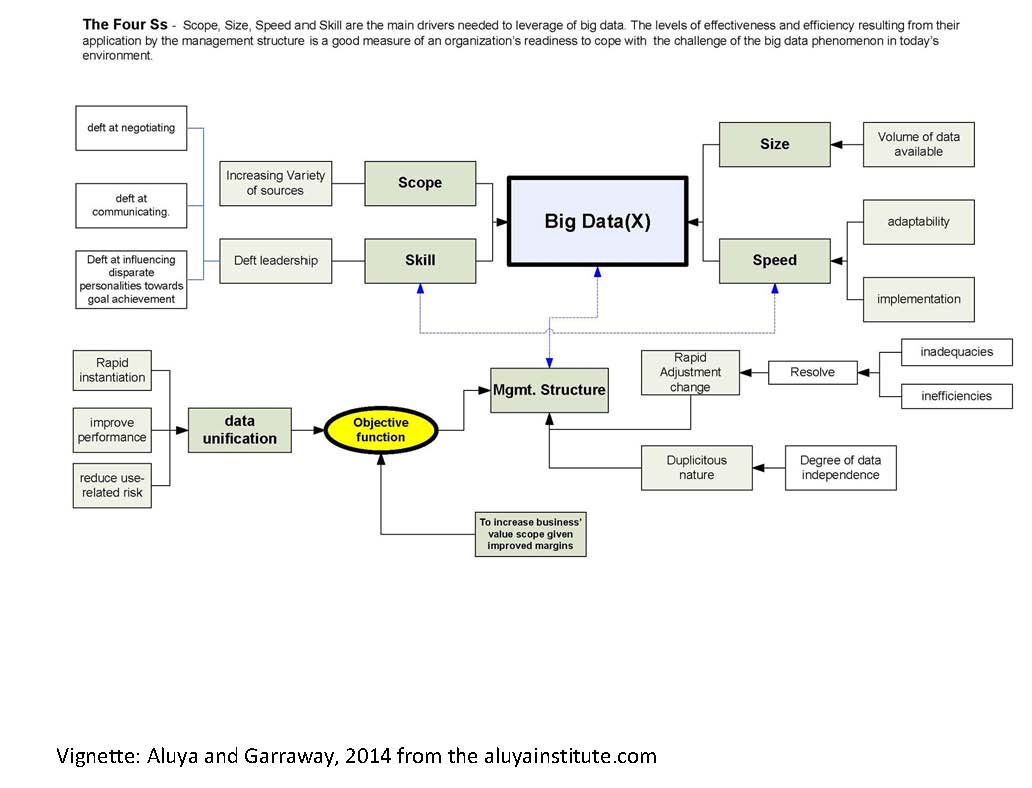Abstract
The cost of leadership failure is enormous when lives and livelihoods are at risk, contributing to the loss of blood, treasure, and right living of people globally (e.g., war-related deaths and expenditures, scandals, racism, and other harms to people). Observing the leadership failure phenomenon in gradual categorical forms of degradation, harm, failing, and failure compelled this exploratory-sequential mixed methods study for sustainability. Despite advancements in facts, with billions spent, leadership fails; public confidence decreased as development costs increased. An unsatisfied grand theory quest for decades remained. Scholars expressed disappointment with the state of psychological research, popular approaches, diverged interests, mounting definitions, and reductionism. Observed failures, an abductive inference, questions, holding pragmatism as a philosophical orientation led to finding the best means of uncovering understanding. An exploration sought to understand the unimportance or importance of moral action, and leadership’s sustainability in its absence. A theory emerged during theoretical sampling and constant comparative analysis of interviews from six continents, giving rise to the aphorism “leadership in the absence of moral action is unsustainable.” A longitudinal literature exploration across 3,000 years ensued after theory emergence, supported qualitative findings of a classical grounded theory approach. Random sampling from 2,523 global cases, analyzing 2,191 cases in a quantitative phase, showed statistically significant association between unethical leadership action (ULA) and unsustainable leadership outcomes (ULO), χ 2 (1, N = 2,191) = 119.643, p < .001. There was relatively strong association between ULA and ULO, φ = .436, p < .001. Scientific methods, empirical and statistical evidence indicated unethical leadership action was associated with failure of otherwise effective leadership in 98 percent of the analyzed cases. Thus, establishing the importance of moral action, unsustainability in its absence, advancing leadership inquiry with a tested grand theory for leadership’s sustainability, positive disruption, and human progress.








